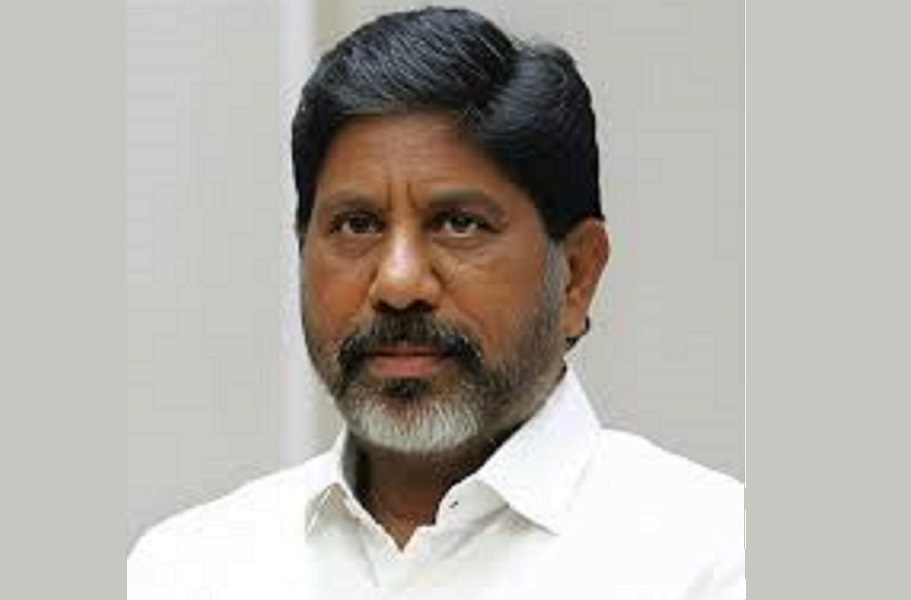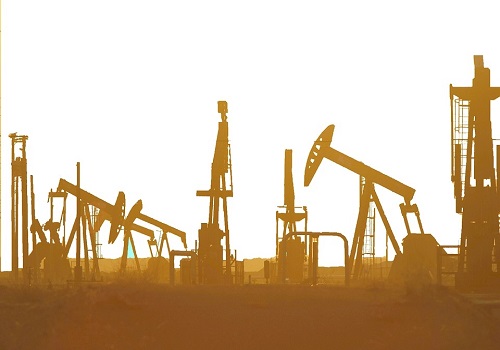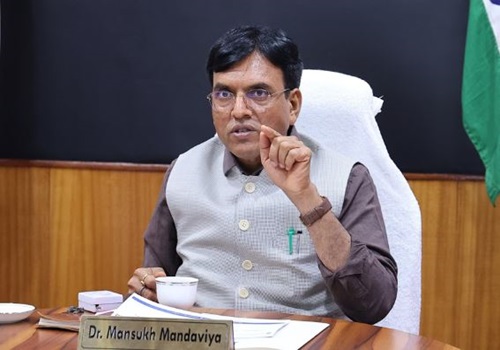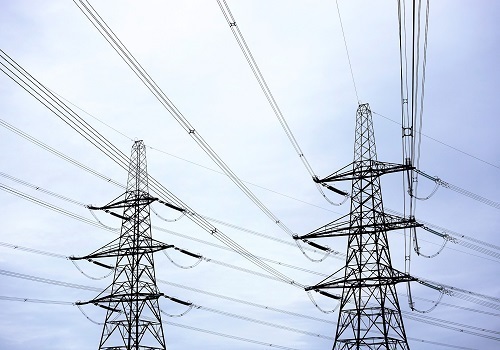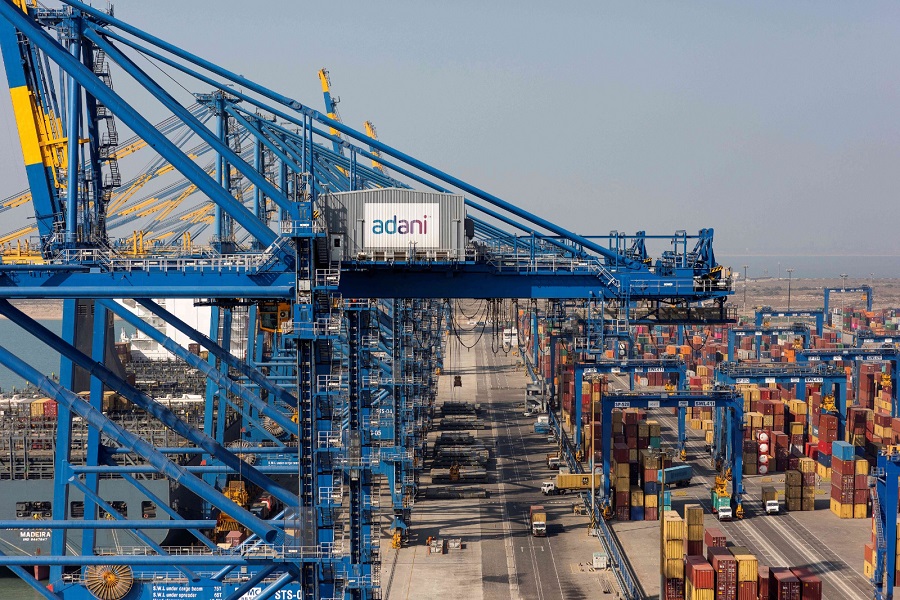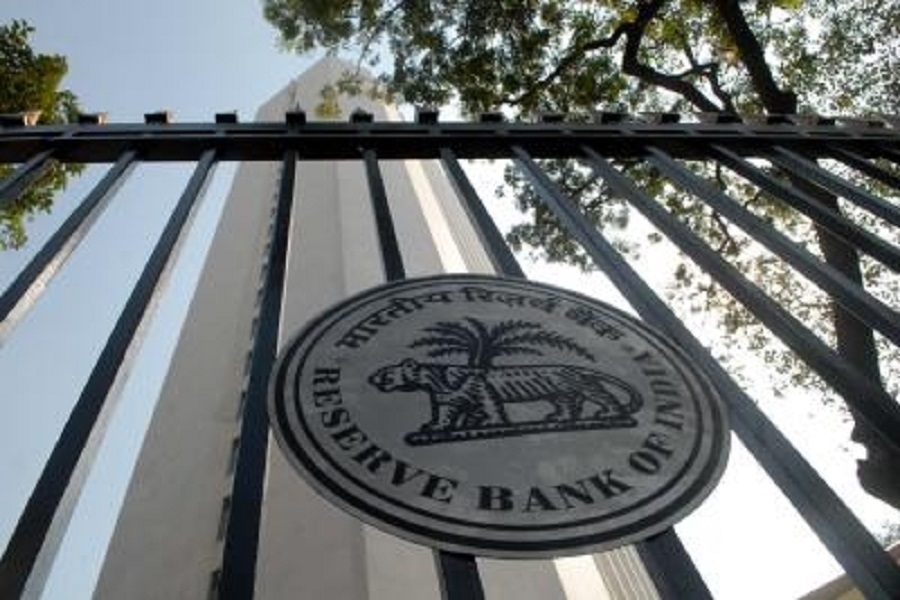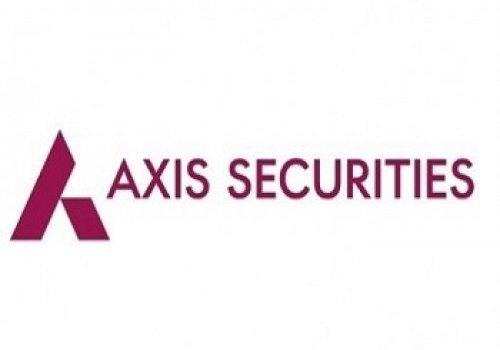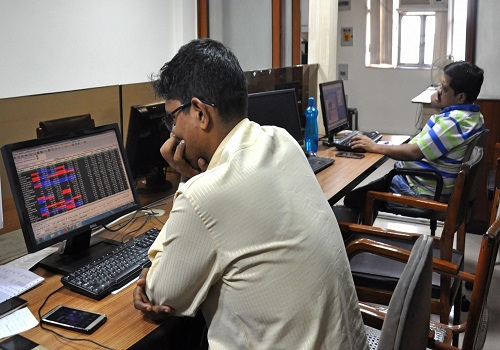Quote on Outlook for 2025 from Jitendra Gohil, Chief Investment Strategist, Kotak Alternate Asset Managers

Follow us Now on Telegram ! Get daily 10 - 12 important updates on Business, Finance and Investment. Join our Telegram Channel
Below the Quote on Outlook for 2025 from Jitendra Gohil, Chief Investment Strategist, Kotak Alternate Asset Managers
Argentina’s miraculous rise and lessons learned
One such big example is Argentina: so called insane economic shock therapy of Javier Millei – ultra liberal economist with right wing populist political mind-set – pulled Argentinian economy out of a total collapse with month on month inflation falling to 2.4% in November 2024 from over 25% when he resumed office last year. He slashed the government workforce by 20%, sacked 18 ministries, devalued the currency by 50% against the dollar, which resulted in a budget surplus within a few months. Stock and bond markets rejoiced, with the Argentinean S&P Merval Index soaring 177% this year. This is a clear example of how a change in political will can dramatically alter economic fortunes. However, in today's world, local politics cannot operate in a vacuum. The Latin American nation cultivates strong relationships with China, thanks to China's significant investments in Argentina's infrastructure and mining sectors (critical for electric vehicles, semiconductors, green energy, etc.) and the increasing imports of soybeans from Argentina. Furthermore, Argentina champions China's Belt and Road Initiative in the Latin American region, particularly when a fellow BRICS nation like Brazil opposes it. However, under his leadership, the country's foreign policy shifted dramatically. Having once sought to join BRICS, the nation completely withdrew and instead embraced the dollar more strongly. In April 2024, the country took the first official step towards a NATO partnership as well.
Fast changing political landscape
Why is this example important? This demonstrates how a nation's political alignment with global powers significantly influences the pace of its economic and political development in this hostile trade and geopolitical environment. Forget Bangladesh, Pakistan, or Myanmar; even developed countries like the UK, Canada, and Germany are not exceptions. Elon Musk has prised Millei and supported Donald Trump with successful outcomes and now as per the media report his donation to ‘Reform UK’ party led by Nigel Farange could be as high as USD 100 million. Elon who owns the most influential social media platform “X”, openly supported the controversial far right party called Alternative for Germany, or AfD at the time when the engine of European economy is the midst of a political turmoil. Similarly, winds of change are visible in Canada and France as well.
US needs allies more than ever to absorb debt
The billionaire trio of Trump, Musk and Ramaswami planning to run the US government like never before with significant cuts in government spending. Spending cut might be the biggest headwind to consumer spending and to the US economy in 2025. The country needs other growth avenues to offset this impact. US has dramatically consolidated global political and financial power in 2024 with about 70% of global market cap and ~25% of world GDP; however, the debt time-bomb is ticking with debt to GDP heading towards 130%. US needs allies like never before to help absorb this humongous debt and for that it needs political parties that can advance US’s economic and political interest.
Opportunities arising out of political shifts
On the flip side, the political parties will also ask for their pound of flesh, exerting their bargaining power through counterbalancing strategies. For example, with growing influence of USA in Bangladesh and after the imposition of 100% tariffs on countries promoting BRICS comments by Donald Trump; the border standoff between China and India have seen some resolution, at least for now. A couple of joint ventures (JVs) and tie-ups with Chinese brands by Indian companies have already been announced, sending electronic manufacturers' stocks soaring to new highs. These announcements followed Indian National Security Advisor Ajit Doval's visit to China, and hopefully, both countries may reduce visa restrictions and open up business travel in 2025. President Putin is planning to visit India in the next couple of months, and one more Modi-Xi meeting is highly likely in 2025 after a successful meeting in Kazan, Russia in Oct 2024. China boasts the highest savings rate in the world, and India is in dire need of foreign investment. Can these two countries set their differences aside and open up business opportunities? It's incredibly difficult to predict, but the green shoots are visible. This would be a significant boost for manufacturing companies in India in 2025 and beyond, in our view.
India’s needs internal as well as external political backing
The Indian economy needs reforms, and it will require strong political backing, not just internally but externally as well. India continues to struggle to set its foreign policy correctly, with several successes but some failures as well. Currently, the economy is experiencing a soft patch, and decision-making has slowed down. It urgently needs a significant push for reforms. With the change in governorship at the Reserve Bank of India, the market is anticipating somewhat easier monetary policies, which is currently reflected in the depreciation of the INR in recent weeks. Secondly, the upcoming budget will be crucial for boosting consumption and creating significant job growth. If the budget once again fails to deliver on these fronts, equity markets will likely experience some disappointment in the coming months. Nevertheless, we believe the government has sufficient fiscal headroom for spending, and agriculture output growth is expected to be bumper this year.
Asset class view in 2025
Given our constructive view on India's domestic macroeconomics and hopefully improving relations with the West, Indian equities can deliver about 12-13% growth this year, in our view. We expect that corporate earnings will still remain susceptible to some downgrades and anticipate them to be in the low double digits versus the mid to high teens expected by the market. These downgrades could be largely driven by margin contraction and partly offset by revenue acceleration, in our view. From a valuation perspective, we do not expect major de-rating in the headline Nifty Index, with the 12-month forward PE expected to remain in the 19 to 21x range. India's structural growth in the tax-to-GDP ratio and the government's discipline in maintaining fiscal prudence lead us to remain constructive on India's fixed income with a buy-on-dips strategy. This is also supported by our benign view on commodities, especially oil, in 2025. We expected the INR to depreciate about 2.5% this year, however, the depreciation was slightly higher than our expectations due to the precipitous rise in the US dollar. Nevertheless, the INR appreciated against most of the other major currencies in 2024. We expect the INR to depreciate against the dollar but at a much lower level compared to the historical standard of about 4% per annum. We maintain our positive stance on gold with a 5 to 7% portfolio allocation, while within international equities, the US remains our preferred market. Chinese equities may see some bounce after years of underperformance, but structurally, we still remain concerned about the economic headwinds China is facing in the near to medium term.
Sector outlook
Within sectors, our preference remains for Pharma and Financials in 2025. The IT sector remains susceptible to H-1B Visa-related regulations, although the Trump administration has recently been vocal about their support for skilled migration into the country, with some Republicans heavily opposing it. Hence, given high valuations, we continue to remain neutral on the sector. We remain constructive on the real estate sector as a whole in 2025 with a cautiously optimistic stance on consumption revival. In terms of concerns, we believe the microfinance and personal loan sectors could experience further difficulties before a revival in the latter part of the year. One also needs to be cautious about the outlook for global Autos and sectors that are susceptible to the devaluation of the Chinese Yuan and potential dumping.
Above views are of the author and not of the website kindly read disclaimer

